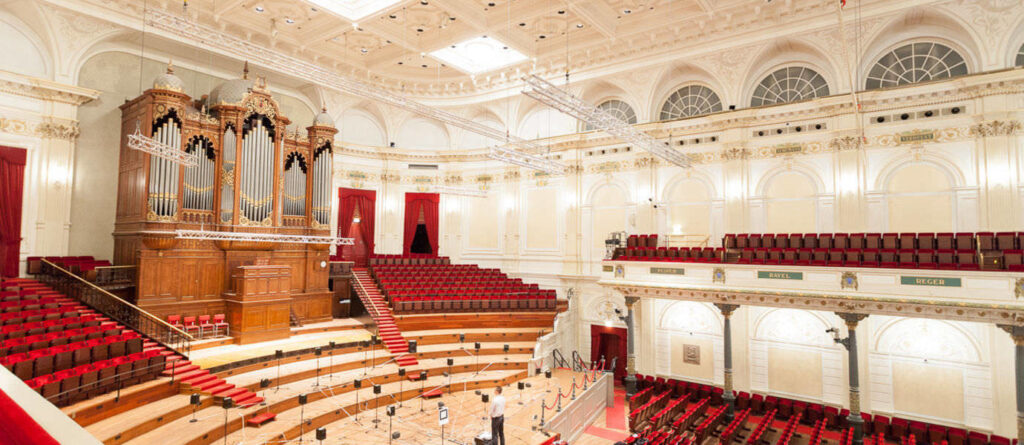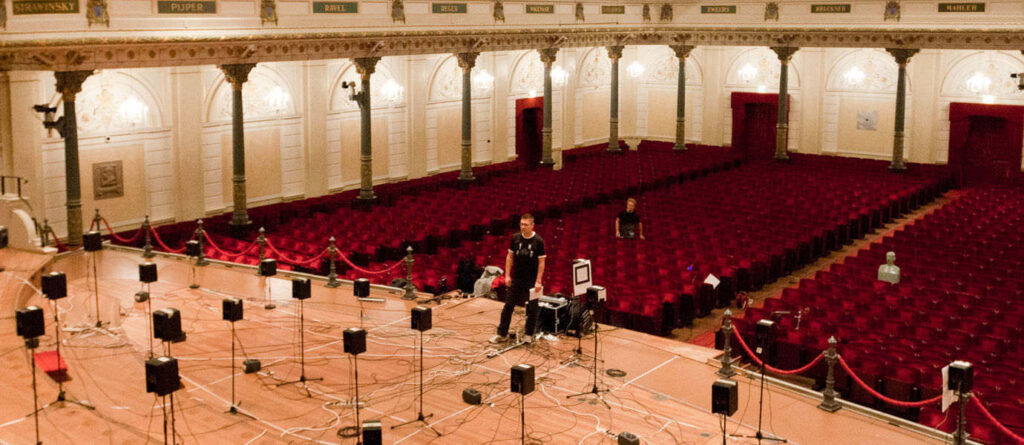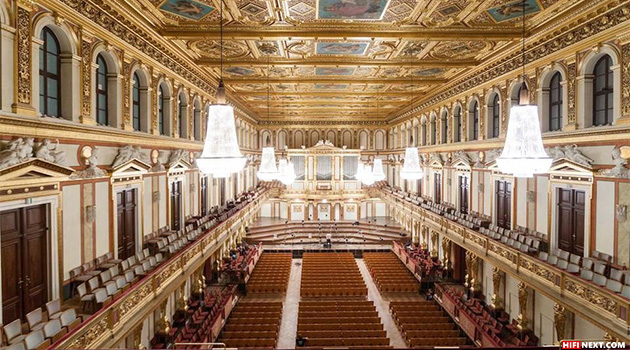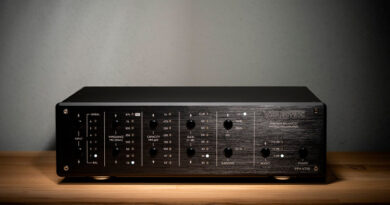Study: room acoustics are perceived differently depending on the recording volume
A group of scientists from the Finnish Aalto University, led by Professor Tapio Lokki, decided to investigate what determines our perception of the acoustics of concert halls where music was recorded. To do this, she conducted two experiments.
In the first experiment, the violin and part of Beethoven’s Seventh Symphony were recorded in four concert halls with different acoustics: the square Concertgebouw in Amsterdam and the Herkulessaal in Munich, the pentagonal Berlin Philharmonic and the Cologne Philharmonic, which has the shape of an amphitheater. The subjects were turned on a recording from an unnamed reference location, and then asked to listen to recordings from four concert halls and determine in which of them the reference recording was made.

And the listeners easily identified the concert halls – but only if both the reference recording and the test ones included segments of music that were identical in time. In those cases where the reference was a recording of a slightly different piece of melody, the subjects had difficulties in identifying the concert hall. It was especially difficult with the halls of a similar shape.
Another experiment showed how room acoustics are perceived as a function of loudness. This time recordings were made at the Musiikkitalo in Helsinki, Herkulessaal in Munich, the Berlin Philharmonic and the Konzerthaus. The subjects listened to the orchestra recordings at different volume levels, from the quietest piano pianissimo to the most powerful forte fortissimo, and then ranked the recordings by volume and engagement. In some cases, the sequence of concert halls was changed in the experiment.

“Typically, concert hall acoustics are studied using objective measurements such as reverberation time, and these parameters are independent of the characteristics or dynamics of the music itself. Our research clearly shows that this is not enough for a full understanding of acoustics, since both the timbre and the listener’s perception change with the change in volume, ”Locke said.
Locke’s team previously studied how concert hall acoustics affect listeners’ emotional response, and as a result, they found that halls with acoustics that support large changes in dynamics elicit a stronger emotional response.
By the way, you can participate in the experiment with the definition of concert halls yourself – you need to go to the site and listen to excerpts, wearing headphones. Share the results in the comments.




